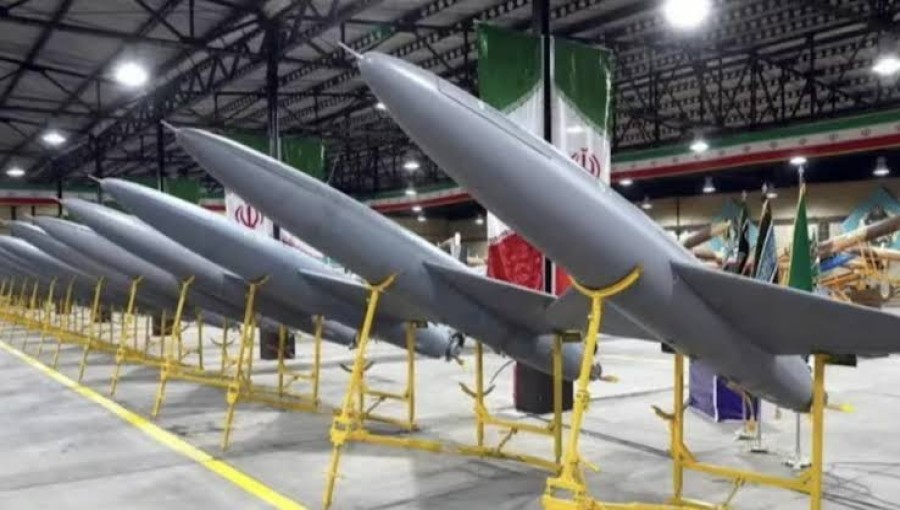In the wake of Iran's recent attack on Israeli soil, Israel, alongside its key American military allies, finds itself in the midst of recalculations and assessments. The attack, which targeted drones and missiles launched by Iran, saw participation from Jordan, France, the United States, and the United Kingdom.
Israel's defense forces have offered varying accounts regarding the success of intercepting the Iranian drones and missiles, jointly conducted with the five participating nations. Initially, Israel claimed a 100% success rate in destroying the threats. However, subsequent reports have revised this figure downwards, first to 85%, and later to 84%.
An unexpected revelation emerged from a report by Israel's Army Radio, indicating that the success rate of America's missile interceptions of Iran's drones and missiles was only 25%. According to the report, despite firing eight missiles from a US warship in the Red Sea, only two successfully hit their targets.
Following Iran's "True Promise" attack, Israel initially boasted of a 99% success rate in neutralizing the threats. However, this figure saw subsequent reductions to 90% and then 84%. Israeli military expert Fialkov questioned the inconsistency in reporting, urging the Israeli Defense Forces (IDF) to acknowledge their proven ability to handle Iranian threats without creating confusion.
The retaliatory attack by Iran on April 13, sparked by the bombing of the Iranian consulate in Damascus, caught Israel and its allies off guard. Western officials reported that Iran launched a staggering 185 drones, along with three dozen cruise missiles and 110 ballistic missiles, demonstrating Iran's capability to surprise Israel and its allies.
Iranian President Ibrahim Raisi lauded the Islamic Revolutionary Guard Corps (IRGC) for their successful operations against Israel, asserting Tehran's capacity to confront Israel and its allies independently. Raisi's claim, backed by his assertion that ten countries have united to protect Tel Aviv, underscores the complexity of the ongoing tensions in the region.






























Comment: